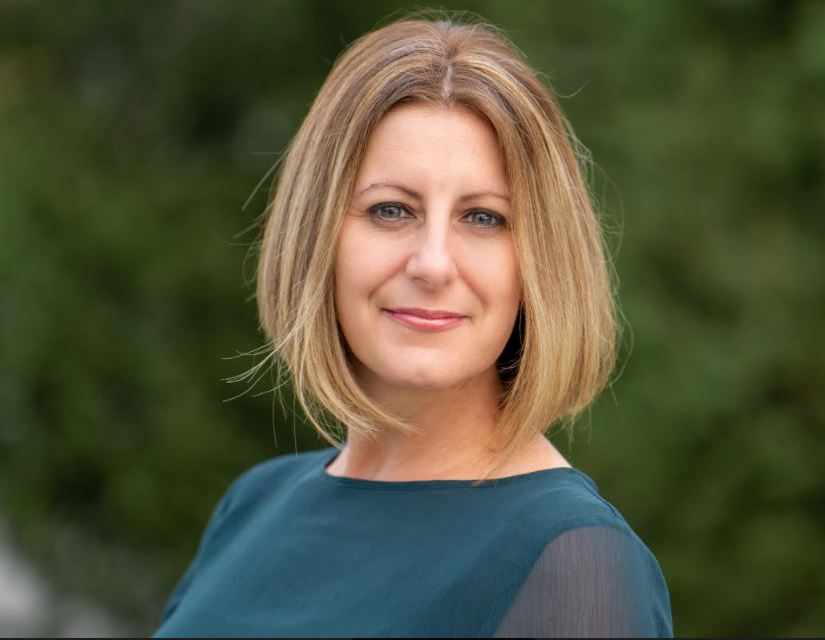The surprising result of my genetic test for breast cancer
Like many women, I have a family history of breast cancer: my mother was diagnosed when she was 40.
 Luckily for me, my family history became part of a personalized risk assessment strategy. And this strategy revealed my risk not only for breast cancer, but also for colon cancer. It just may have saved my life.
Luckily for me, my family history became part of a personalized risk assessment strategy. And this strategy revealed my risk not only for breast cancer, but also for colon cancer. It just may have saved my life.
My mother’s experience was a scary time for our family. My mother was very proactive about my breast health and, knowing that I had cysts and painful breasts, urged me to see her breast surgeon at Rome Health when I was 30. Based on the surgeon’s recommendation, I started alternating MRI exams and mammograms every six months. Due to my mother’s young age of diagnosis, Rome Health also offered me broad genetic testing called panel testing.
The report showed a mutation of the MUTYH gene. My doctor explained that I had an increased risk of colon cancer. At the time, I didn’t know what to do with this information. Colon cancer seemed like something that happens to much older people. Before long, though, I had an opportunity to meet my biological father for the first time. It turned out he was undergoing treatment for colon cancer. Suddenly, I connected the dots.
Here were my genetics right in front of me. That’s when I had my first colonoscopy, which found a 15 millimeter precancerous lesion. It was the month of my fortieth birthday. I realized that diseases like colon cancer or breast cancer can happen to anyone at any age.
After I had the lesion removed, I had three colonoscopies within 12 months. I’ve continued to follow my personalized care pathway, and everything is looking good. I am so thankful for the program at Rome Health. Otherwise, I would not have known what was going on in my body.
I learned that it’s so important to take an active role in your own health and advocate for yourself. It’s not just for you, it’s for your family. Now my family members, including my son, can benefit from my genetic information. He can ask himself, “Would I rather be safe and have this testing done, or wait until it might be too late?” My hope is that more and more people will have access to personalized healthcare and will be willing to use it.

